
The Christian discipleship journey sometimes seems daunting. There are so many disciplines to keep track of, disciplines such as evangelism, faith, holiness, obedience, prayer, Scripture reading, serving and worship. At times, we seem to lose our way in the woods yet Jesus has simplified it beautifully in Matthew 22:36-40; the greatest commandment is to love God with all our being and the second greatest is like it, to love our neighbours as ourselves.
If we think about it, this is very profound. If we love God with all our being, faith, holiness, obedience, prayer, Scripture reading, and worship would follow on from that love. If we love others as we should, serving and sharing with them about God would take a new dimension. Yet many of us struggle with these basics. Why is this so?
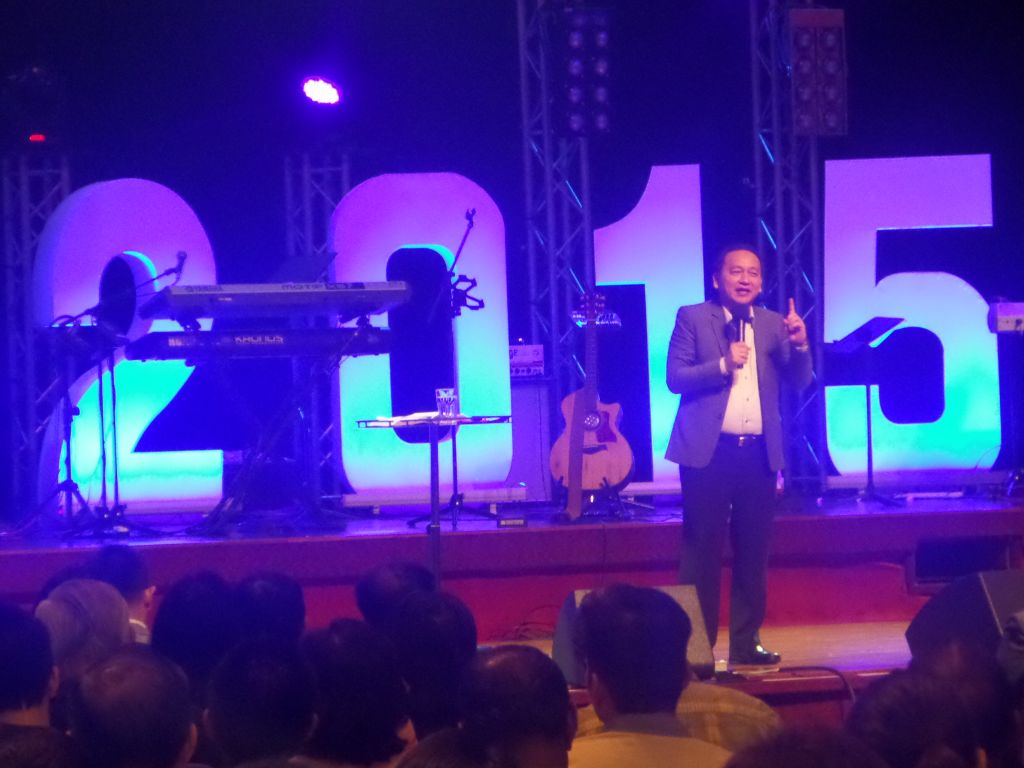
During the recent LEAD 2015 conference, Pr Eddy Leo from Abbalove Ministries (a multi-ministry church of more than 17000 members) shared on the topic. In order to comprehend God’s plans for us and our roles as Christians, we need to study and understand the Sermon on the Mount and the Parable of the Good Soil in the way God meant them.
The Sermon on the Mount
The Sermon on the Mount is found in Matthew chapters 5,6, and 7. It is probably among the best-known collection of Jesus’ sayings and teachings. It is the longest recorded piece of His teaching from the New Testament and it is among the most widely quoted. Many Christians would recognize the Beatitudes from it (“Blessed are the meek for they shall inherit the earth” among others). Within it as well, you’ll find the Lord’s Prayer. It is obviously an important passage.
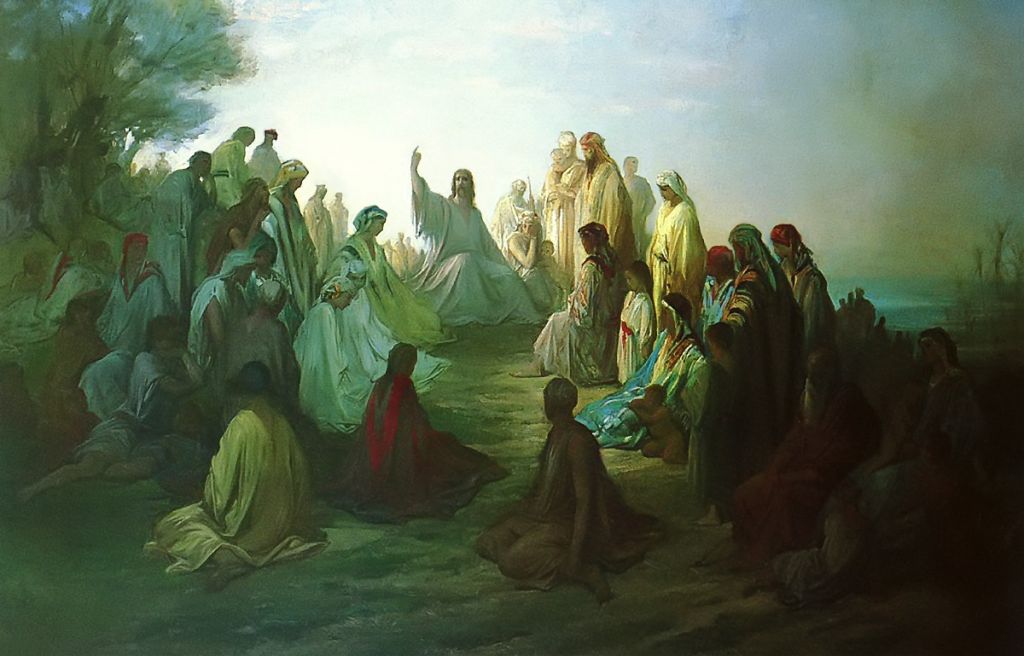
But even more than the Beatitudes and the Lord’s Prayer, part of the Sermon were also the Antitheses (Matthew 5:17-48). In it, Jesus spoke of His fulfillment of the Law, and then He interpreted the Old Covenant through the New Covenant (“You have heard that thou shall not kill, but I tell you that whosoever is angry with his brother without judgment is in danger of the Judgement..” (Matthew 5:21-22)).
Much interpretation has been given for the Antitheses. Some argue that this is a clear indication that Christians must work to earn their salvation. Others, recognizing the impossibility of transcending our sins without God’s grace, say that this is a picture of a holy God, and that we are wholly dependent on that grace for our salvation.
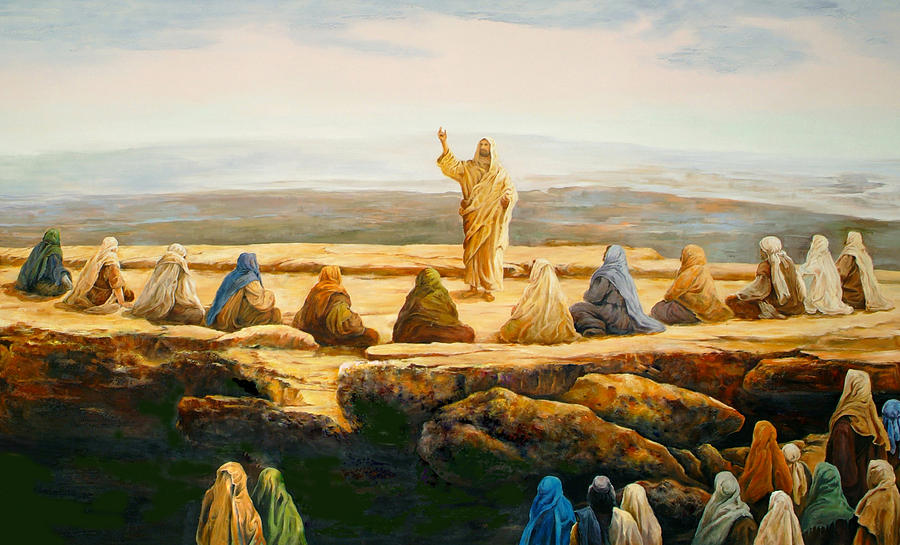
Jesus said in Matthew 7:7-29, however, that we are unable to bear fruit through our own efforts and apart from God. And earlier in Matthew 5:18-19, He had said that not one jot of the Law had been passed and that whosoever teaches another to break the least commandment, he shall be called the least in the kingdom of Heaven. This seems to have in fact made things harder (almost an impossibility) for Christians. How do we reconcile these two contrasting facts?
If we cannot please God through our good works, what is the purpose of doing them? If we’re wholly dependent on God’s grace, why speak of the Law and good works? Is God really so pitiless or irrational? Pr Eddy Leo shared that the Sermon on the Mount actually really speaks of the believer’s heart transformation to being good soil.
The Parable of the Good Soil
What does it mean to be good soil? Pr Eddy put it this way; everyday we see trees around us. Have we ever seen an orange tree produce pears? Or to put in a local context, a mango tree produce rambutans?
Yet the trees do not need to strive to produce fruits, each to its own kind. The DNA of the tree produces its fruits. In the same way, a child of God would produce the fruits of His Spirit as part of their DNA, good soil producing good fruits. How does this process come about?
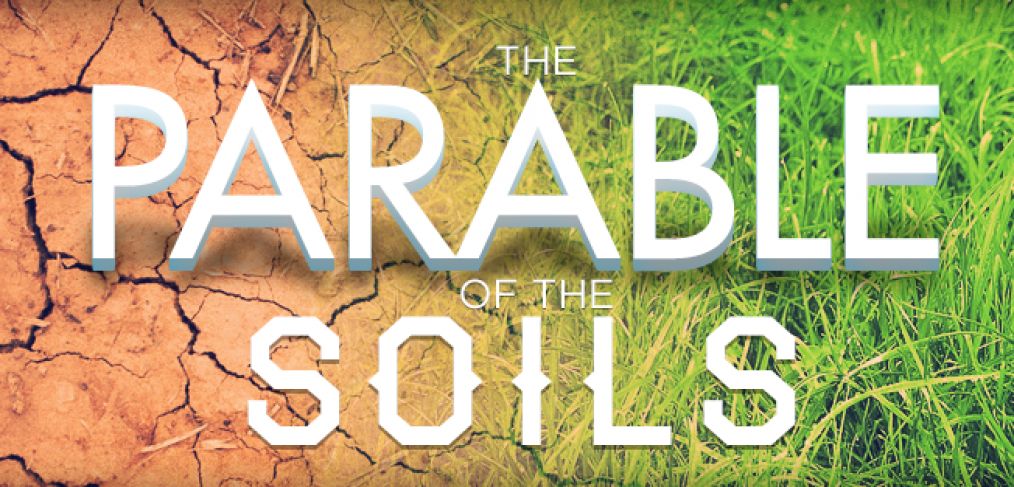
In the Parable of the Good Soil (Matthew 13:1-23), Jesus taught about 4 different types of soil. The first type of soil is the wayside. ‘These are people who have one foot in church and the other in the world; they’re right at the edge,’ Pr Eddy shared. ‘You see them in church sleeping, constantly checking their watches, and they always think about their next meal even while in church. They’re the people who always sit right at the back,’ he half-teased.
The second type of soil is the stony or shallow soil. In this type of soil, the seed actually takes root and it grows a little. ‘But they are like taugeh, no deep root. The message enters their mind but it is the conscious part of the mind, and one hour after the service, almost everything is forgotten. We need to follow-up when we hear God. God’s communication to us needs to reach deep down and enter into our hearts,’ he counseled.
The Third and Fourth Type of Soil
Sometimes the seed may enter the deep part of the soil and take root. Sadly, not long after, thorns would also grow and while the seed has produced a young tree, the tree would end up smothered by the thorns (thorny soil).
Pr Eddy shared that this is the saddest type of soil he has worked with in ministry. ‘Christians with this type of soil work hard to build on their discipleship. They read the Bible, they pray, and the Word of God enters into their subconscious mind. But often, many people have also not dealt with old hurts and their old subconscious memory.’

‘The past impacts in their life still have a hold and they struggle unknowingly with it. The effect of anger, for example, opens the door to many old sinful thoughts and baggage. These baggages are thorns in their life and these thorns hurt everyone including the one carrying it. Jesus sees deeply into the heart and He wants to help us clear and uproot those thorns in our hearts.’
How do we love and help such people? People like this need a loving community (Agape community). Too often we tend to judge others without seeing the plank in our own eyes (Matthew 7:1-6). Only God can judge in a fair and all-knowing manner for only He has complete knowledge and power, Pr Eddy imparted. ‘Judgement is not ours and the greatest sin has always been wanting to be like God.’
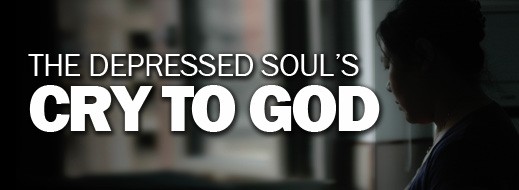
‘It is good to correct another person but do not do it out of judgment. We need to remove the plank from our own eyes before we can love and help others. Like other types of specks, many people can sense the specks (habits, weakness, sin) in their life but they’re unable to identify where it is or do something about it. They’re seeking for support and help and the church needs to rise up to the occasion.’
A healthy relationship and heart for God would result in the fourth type of soil, the good soil, full of love for Him and receptive to His communication in every part of life. To be a disciple starts from the heart, Pr Eddy shared. ‘Good trees are able to take nutrition from the power of the sun. It is natural to them. We need to have our hearts and minds renewed and the heart and mind is always inter-related. What is in our mind can be felt in the heart.’
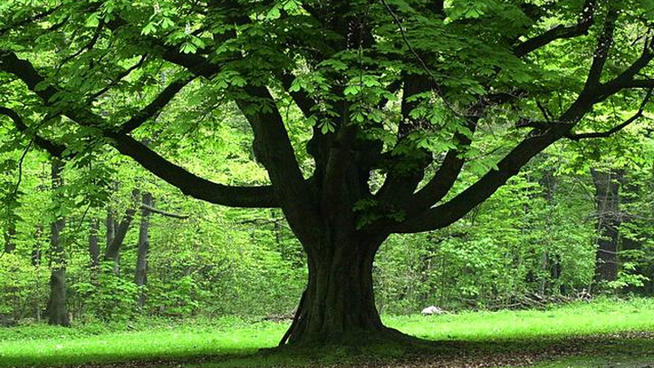
In Matthew 12:35, Jesus reminds us that a good man produces good things out of the treasure of his heart and vice versa. Be intentional about our discipleship with God. Practice what He teaches until they are stored in the treasure of our heart, Pr Eddy imparted. Initially it may be difficult as we struggle with our flesh, but with a supportive community of love and lived experience, it will become part of our DNA. He also shared in a later session about the mystery of the Trinity, God’s eternal purpose according to the Trinity, and the Church’s role as a response to this eternal purpose.
|Share The Good News|
-Jason Law




This is indeed a very good one. Pr Eddy Leo has given us a self-examination piece – something instructive and constructive. Let us be the good soil as he has so meticulously reminded of us.
Thank you, Fr Eddy !